

VATICAN CITY, 29 JUN 2008 (VIS) - At 9.30 a.m. today, Solemnity of Sts. Peter and Paul, Apostles, Benedict XVI celebrated the Eucharist in the Vatican Basilica. Concelebrating with the Holy Father were 40 new metropolitan archbishops, upon whom he imposed the pallium. The Ecumenical Patriarch Bartholomew I was also present at the ceremony.
The Pope and Bartholomew I entered St. Peter's Square together, preceded by an Orthodox and a Latin deacon bearing the Gospel.
Following the reading of the Gospel in Latin and Greek the Holy Father presented the Ecumenical Patriarch to the assembly, after which each of them pronounced a homily.
In his homily Benedict XVI spoke of the two Apostles, patrons saints of Rome. "Through their martyrdom", he said, "through their faith and their love, the two Apostles show where true hope lies. They founded a new kind of city, one that must be formed ever and anew in the midst of the old human city which is threatened by the opposing forces of sin and human selfishness".
"We could say that their martyrdom was, in the deepest sense, like giving a fraternal embrace. They died for the one Christ and, in the witness for which they gave their lives, they became one single entity. In the New Testament we can, so to say, follow the development of that embrace, the creation of unity in witness and in the mission".
The Pope highlighted the fact that although Paul "usually went only to places in which the Gospel had not already been announced, Rome was an exception. There he found a Church the faith of which was the talk of the world. Going to Rome was part of the universality of his mission as an envoy to all peoples, ... it was an expression of the catholicity of his mission. Rome must make the faith visible to the whole world, it must be a place of encounter in the one faith".
Turning to consider Peter, the Holy Father recalled how "he left the presidency of the Christian-Judaic Church to James the Less in order to dedicate himself to his true mission, the ministry for the unity of the one Church of God made up of Jews and pagans".
After the chanting of the Gospel by the Greek Orthodox deacon and the Catholic deacon, the Greek deacon presented his book of the Gospels for the Pope to venerate and the Catholic deacon presented the Latin Gospel to the Patriarch. The Pope and Patriarch then blessed the people with the Gospels.
"The perpetual mission of Peter", he went on, is "to ensure the Church never becomes identified with a single nation, with a single culture or a single State. That she always remains the Church of everyone. That she unites humankind beyond all frontiers and, amidst the division of this world, brings God's peace, the reconciliatory power of His love".
Addressing the archbishops who were about to receive the pallium, the Holy Father told them that the gesture of imposing it upon their shoulders "reminds us of the shepherd who takes the lost sheep across his back, the sheep that cannot find its way home, and brings it back to the fold. In this sheep the Fathers of the Church saw the image of the entire human race, of all human nature, which is lost and no longer knows the way home"; and the Pastor that brings it home "is the eternal Word of God Himself". Yet nonetheless, God "also wants men 'to carry' alongside Him. Being a pastor of the Church of Christ means sharing in this task".
Pope Benedict XVI gives the Pallium to German Archbishop Reinhard Marx of Munich, his successor in the See of St. Corbinian.
In this way, he said, "the pallium becomes a symbol of our love for Christ the Shepherd, and of our loving together with Him. ... It becomes a symbol of the call 'to love them all' with the power of Christ ... that they might find Him and, in Him, themselves".
Benedict XVI concluded his homily by expressing the view that the pallium "speaks to us of the catholicity of the Church, of the universal communion of Pastor and flock, just as it is a reference to apostolicity, to communion with the faith of the Apostles upon which the Church is founded".
At the end of the Mass and before praying the Angelus, the Holy Father pointed out that since this year the feast of the Apostles Peter and Paul falls on a Sunday, "the entire Church, and not just the Church of Rome, celebrates it solemnly".
After the Pater Noster, the Patriarch went up to the altar to exchange the Kiss of Peace with the Pope.
"Of course", said the Pope referring to the Pauline Year which he officially inaugurated yesterday, "its focal point will be Rome, in particular the basilica of St. Paul's Outside-the-Walls and the place of the saint's martyrdom at the Three Fountains. But it will involve the entire Church, beginning with Tarsus where Paul was born, and the other Pauline sites ... in what is now Turkey, as well as the Holy Land and the island of Malta where the Apostle arrived after having been shipwrecked and sowed the fertile seed of the Gospel.
Holy Communion was distributed according to the universal norm, on the tongue, by people who were kneeling on a prie dieu.
"The truth is", he added, "that the horizon of the Pauline year cannot but be universal, because St. Paul was, par excellence, the Apostle to those who were 'far off' from the Jews and who 'by the blood of Christ' were 'brought near'. Hence, even today, in a world that has become 'smaller' but where many have still not met the Lord Jesus, the Jubilee of St. Paul invites all Christians to become missionaries of the Gospel".
"As the liturgy says, the charisms of the two great Apostles are complementary in the edification of the one People of God, and Christians cannot render valid witness of Christ if they are not united among themselves".
Benedict XVI concluded by inviting everyone to pray "for these great intentions: the Pauline Year, evangelisation, communion in the Church and full unity among all Christians, entrusting them to the celestial intercession of Most Holy Mary Mother of the Church and Queen of the Apostles".
Pope and Patriarch praying at the Confessio beneath the High Altar which houses the tomb of the Apostle Peter.

Let us fervently pray, through the intercession of Sts. Peter and Paul, founders of the Church of Rome, that the union of the Churches would come to pass in accordance with the will of Christ. Ut unum sint.

![[Unam Sanctam]](https://blogger.googleusercontent.com/img/b/R29vZ2xl/AVvXsEiymQ2adTjpZ1ABhPBbBBquiPCxeQrc4Jy_97vOikT0wGQeJleriiXQy6ebnb0jrYe-TfvcK77txStB4aIwVAdD41ZdMkVfNtFGC0JX6LBV9B8mfeRZaIAM7Sj-011ag3DiKQzv/s1600/headerdivinemercy.jpg)




























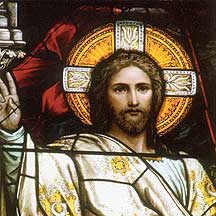







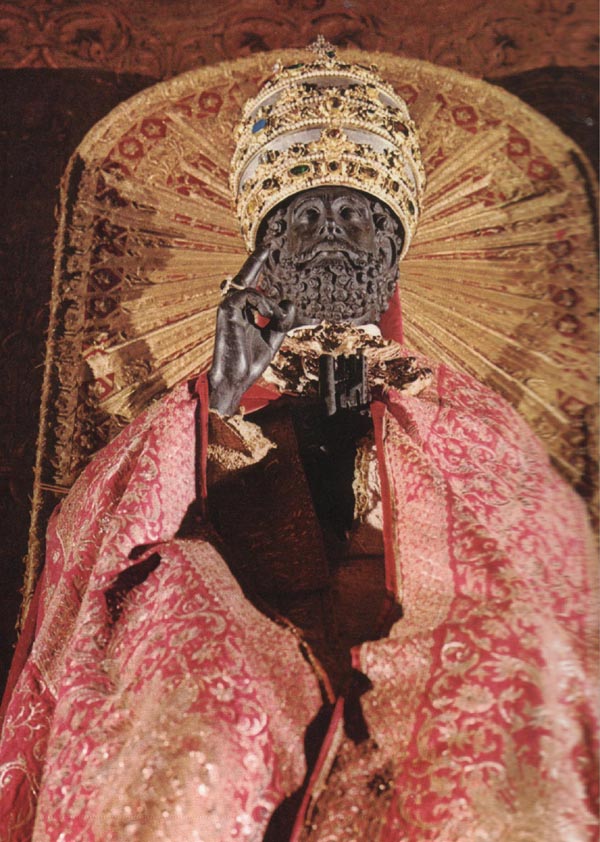
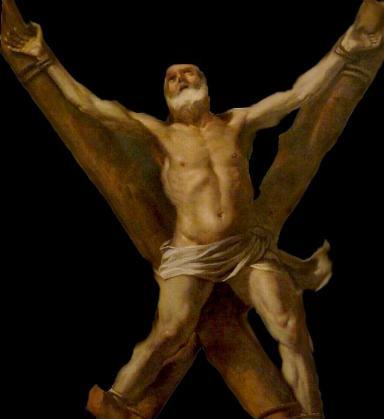




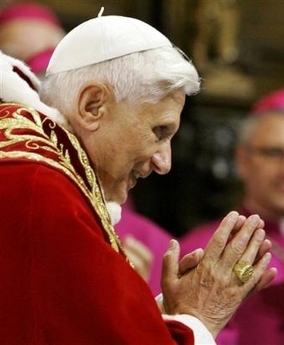






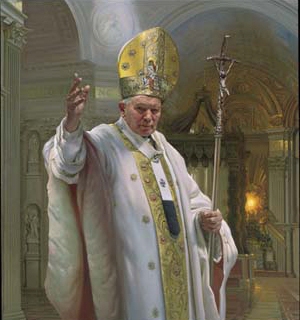
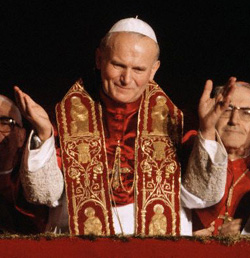
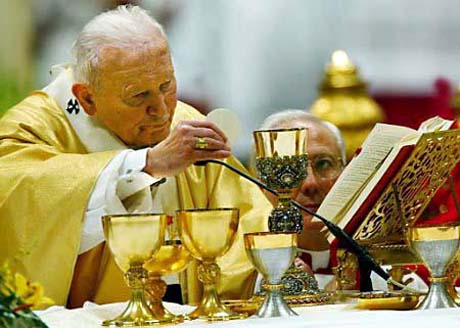







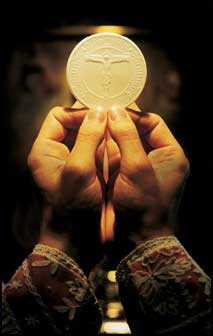
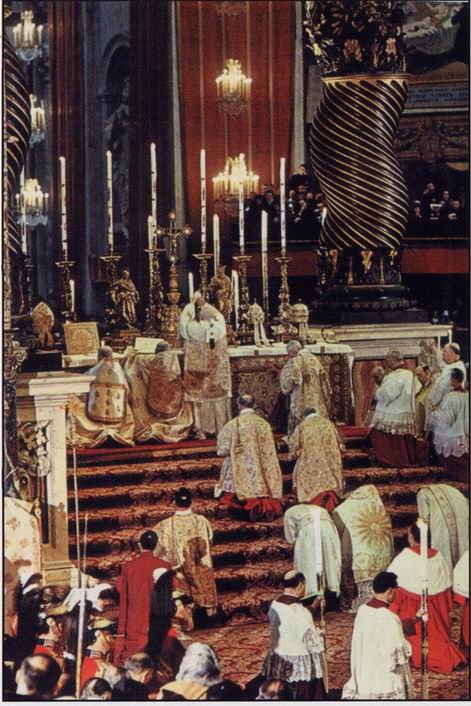

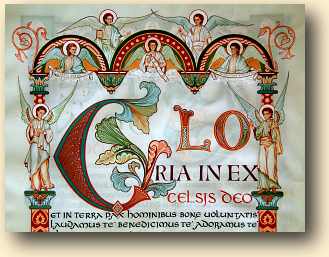

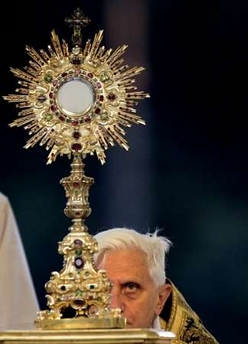


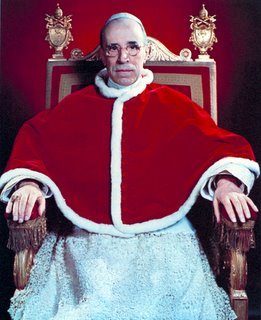




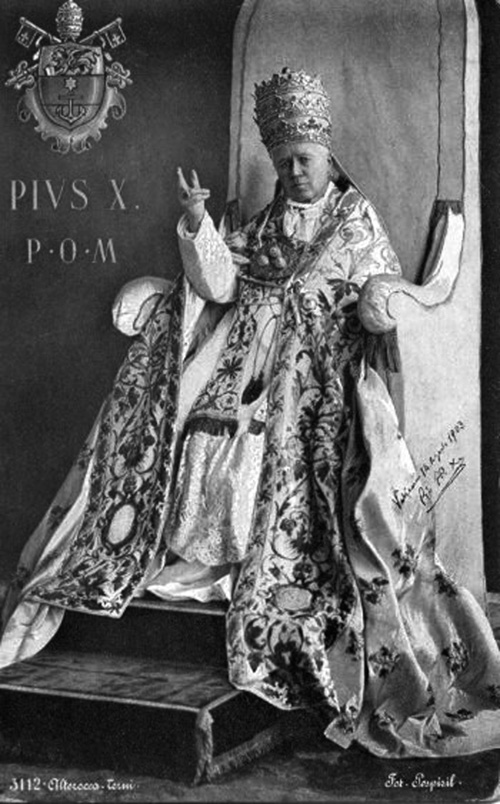



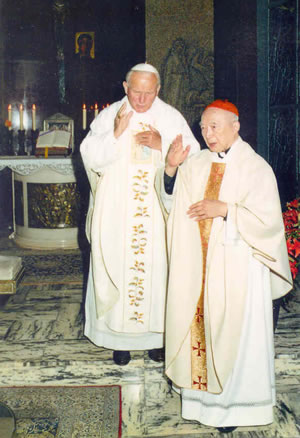






No comments:
Post a Comment